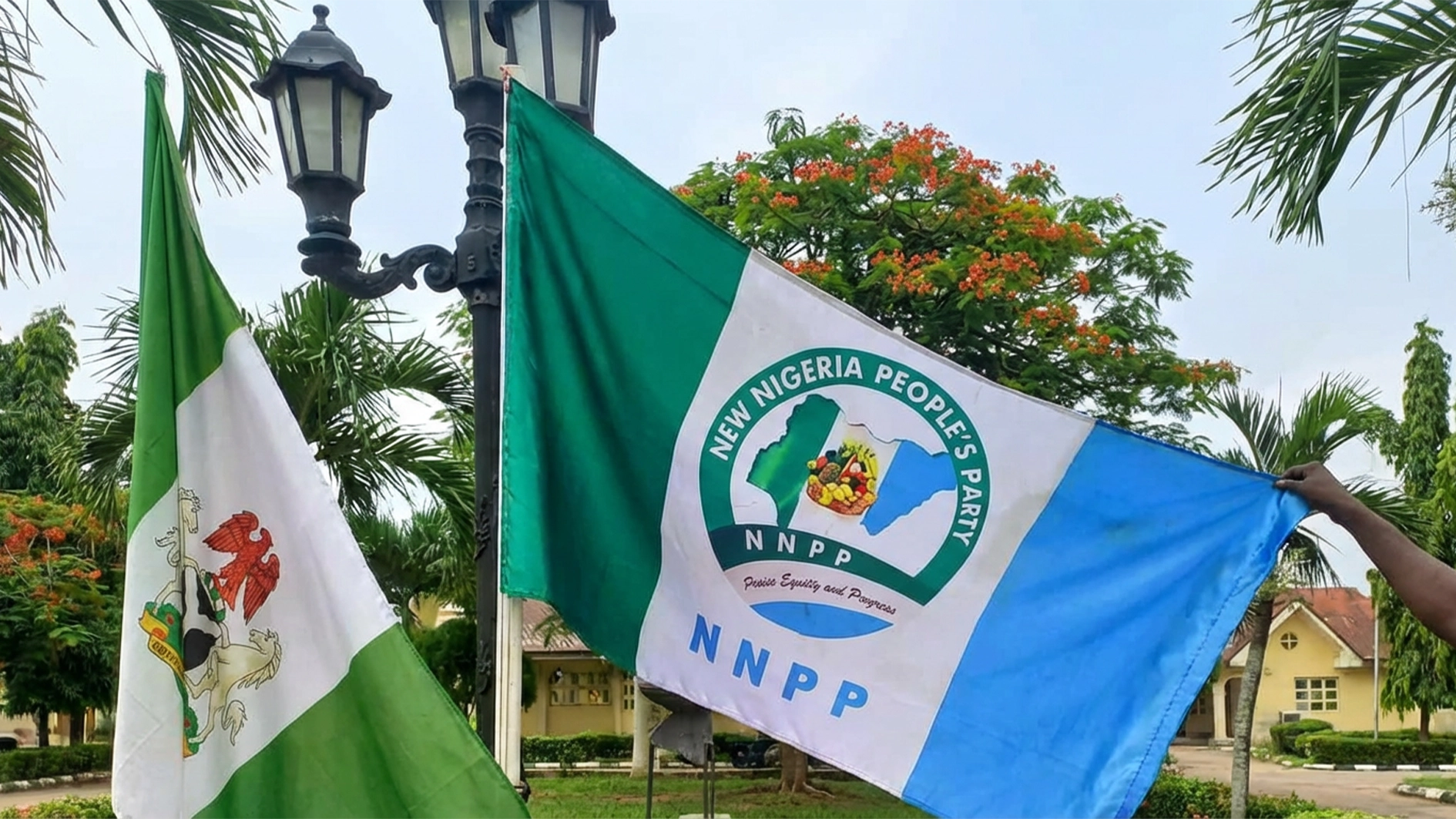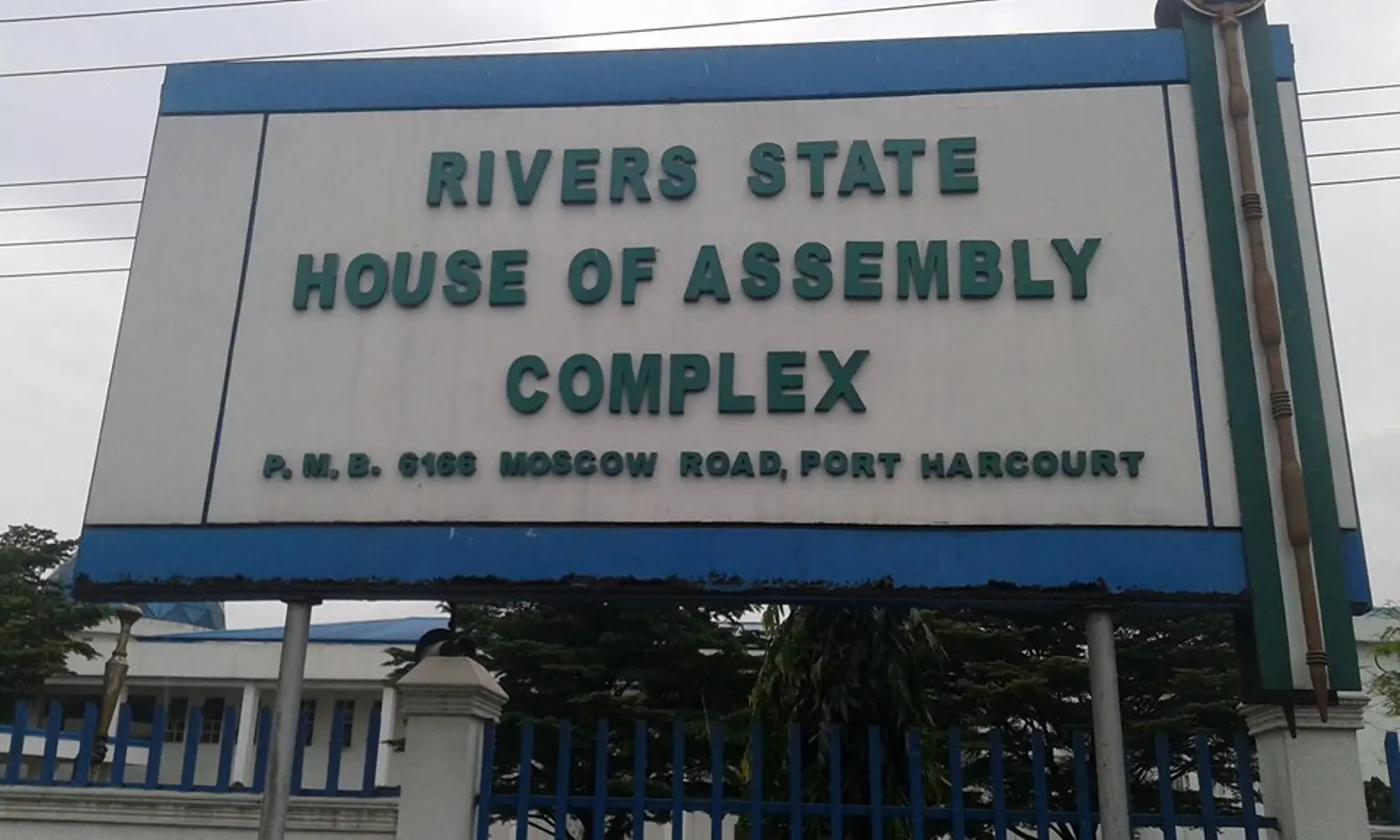The Labour Party has demanded urgent reforms to Nigeria’s waterways transportation system after yet another boat accident in Niger State left nearly 60 people dead, describing the tragedy as “a preventable national shame.”
In a statement on Thursday, Interim National Chairman of the party, Senator Nenadi Usman, lamented the Kainji River mishap, where a boat carrying about 90 passengers capsized on Tuesday near Gausawa community in Borgu Local Government Area. The passengers, who had set out from Tugan Sule for a condolence visit in Dugga, never reached their destination.
According to the Niger State Emergency Management Agency (NSEMA), the vessel was overloaded and struck a tree stump, causing it to plunge dozens of people into the river. Initial reports put the death toll at 29, but officials now confirm nearly 60 casualties.
Senator Usman said the disaster highlights the urgent need for robust legislation and stricter regulatory enforcement to stop the recurrent loss of lives on Nigeria’s inland waterways. “The frequency of these mishaps — particularly in Niger State — is deeply troubling. It is unacceptable that in 2025, Nigerians still die avoidable deaths due to poor regulation, unsafe practices, and government inaction,” she said.
She warned that unless decisive steps are taken, similar tragedies will continue to claim lives. “Those who left their homes to sympathise with others became victims of calamity themselves. We cannot continue to normalise this cycle of sorrow. Nigeria needs a stronger legal and regulatory framework to protect its citizens,” she stressed.
The Labour Party extended condolences to the victims’ families, the people and government of Niger State, and all Nigerians grieving the tragedy. “On behalf of the entire Labour Party family, we share in the pain of the bereaved and call on authorities to act with urgency so that no more lives are wasted on our rivers,” Senator Usman said.
Observers say the incident underscores a long-standing neglect of Nigeria’s waterways transport sector, where poor safety standards, weak oversight, and lack of enforcement have made accidents almost routine.






